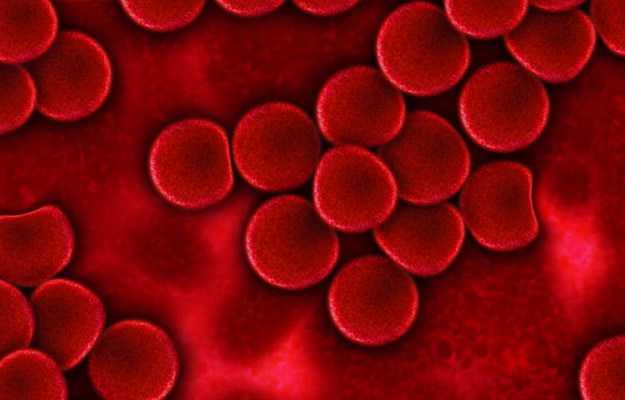What is neutropenia?
Neutropenia is a condition in which there are decreased levels of neutrophils in the blood. A neutrophil is a type of white blood cell formed in the bone marrow, which protects your body against infections by fighting germs. If the levels of neutrophils fall below 1500 per microlitre of blood, you are said to be neutropenic.
People having neutropenia are at increased risk of developing infections due to a weakened immune system.
What are its main signs and symptoms?
There are no specific symptoms associated with neutropenia. It is typically detected when an infection occurs. Symptoms commonly seen in case of infections are:
- Tiredness
- High fever
- Chills
- Pain in abdomen
- Loose stools
- Rash
- Cough, breathing difficulty
- Sore throat
- Pain with urination
- Redness around an open wound
What are the main causes?
Cancer therapy is one of the main causes of neutropenia. It includes chemotherapy (with medicines), radiotherapy (with radiation) and biotherapy (with substances obtained from living organisms). These therapies destroy both the rapidly growing cancer cells and normal cells because they cannot differentiate between the two. Other causes include:
- Bacterial or viral infection
- Bone marrow disorders like aplastic anaemia
- Tumours like lymphoma and leukaemia
- Enlarged spleen
- Autoimmune diseases like rheumatoid arthritis, hyperthyroidism and lupus
- Medicines used to treat hyperthyroidism
- Vitamin B12 deficiency
- HIV infection
- Organ transplantation
How is it diagnosed and treated?
Your doctor will recommend a blood test to assess the levels of neutrophils in the blood. If the cause of neutropenia is not clear, your doctor will suggest a bone marrow test to diagnose any disorders of the bone marrow.
Treatment for neutropenia varies depending on the cause. In case of infection, antibiotics are prescribed. In chemotherapy, the neutrophil count generally falls within the first 2 weeks of treatment and reaches a normal range again by 3 to 4 weeks. If there is a failure to achieve normal values, therapy is initiated with growth factors, which stimulate bone marrow to produce white blood cells. It is an expensive treatment, making accessibility difficult.

 Doctors for Neutropenia
Doctors for Neutropenia  OTC Medicines for Neutropenia
OTC Medicines for Neutropenia



















